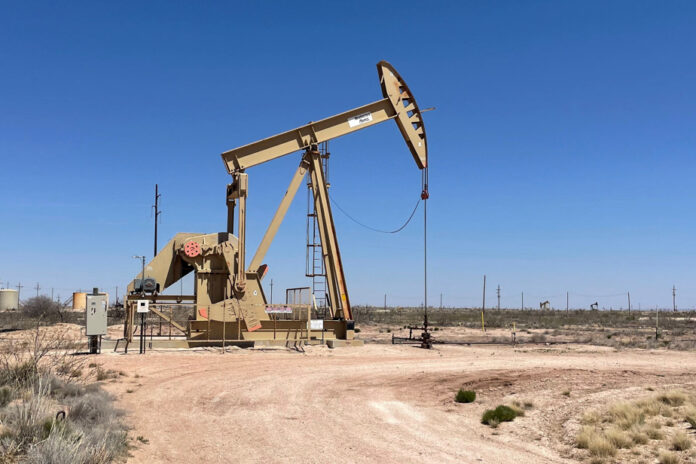(LONDON) Oil prices were hesitant on Tuesday as worries about potential supply disruptions from Russia were overtaken by those about global economic activity due to high interest rates.
Around 5:30 a.m. (Eastern time), a barrel of Brent from the North Sea, for delivery in August, lost 0.94% to 73.43 dollars.
Its American equivalent, a barrel of West Texas Intermediate (WTI) for delivery the same month, dropped 1.10% to 68.61 dollars.
“Oil remains volatile and remains in (the same) price range amid uncertainty” after the mutiny of the paramilitary group Wagner in Russia, comments Craig Erlam, analyst at Oanda.
“Russia faced a brief rebellion by a private military group over the weekend, raising concerns that political instability in one of the world’s largest oil producers could hamper the supply,” says John Plassard, analyst at Mirabaud.
Wagner Group leader Yevgeny Prigojine ended his rebellion on Saturday night, in exchange for immunity for himself and his men.
Vladimir Putin posed Monday evening as the guarantor of internal peace in Russia, claiming to have avoided a bloodbath, during his first public statement since the mutiny.
“Russia is a major oil supplier to Asian countries, especially China and India, as high energy prices have prompted emerging economies to buy Russian oil at a discount,” Mr. Plassard.
While investors factor in the current geopolitical risk, the economic environment remains “extremely uncertain”, including “extremely stubborn inflationary pressures and ever-changing interest rate expectations,” Erlam said.
Last week, the Bank of England, Bank of Norway, Swiss National Bank and Turkish Central Bank raised their policy rates.
However, higher short-term interest rates are dampening demand for oil, as they weigh on economies by increasing the cost of credit for households and businesses. This increases the risk of recession.





